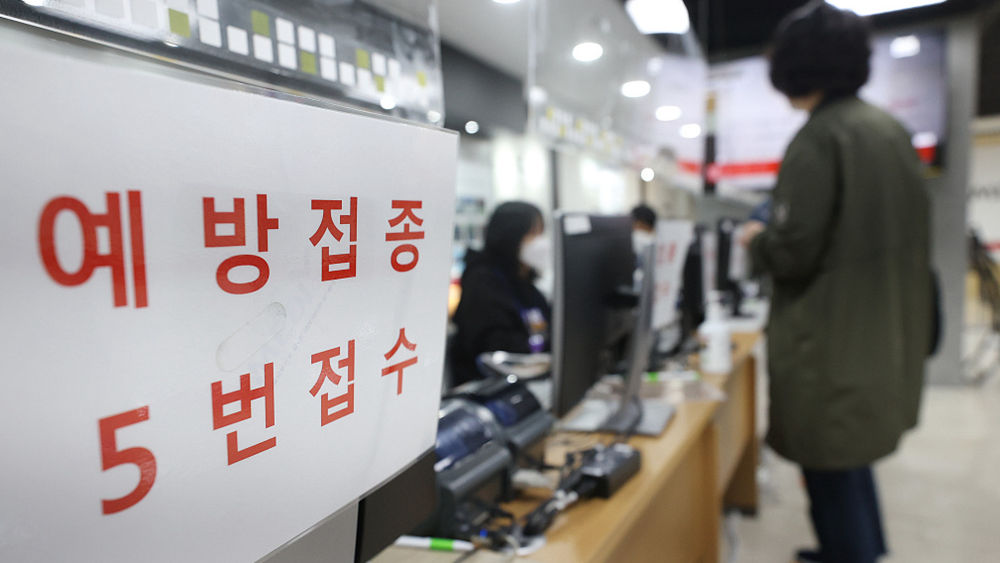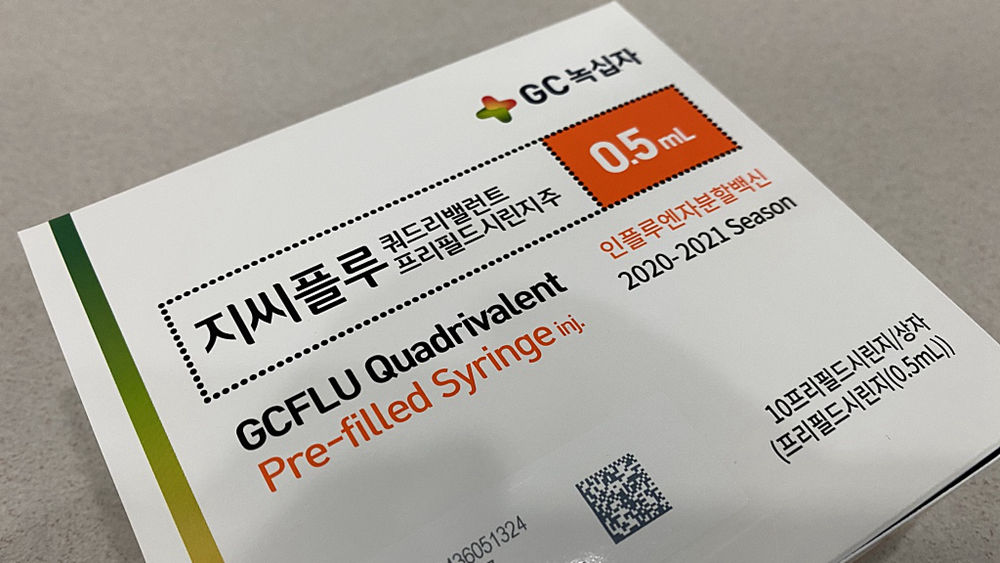
People wait to get a flu shot in Seoul, October 21, 2020. /CFP
People wait to get a flu shot in Seoul, October 21, 2020. /CFP
South Korea's forensic agency has found no links between a 17-year-old boy's death and a flu shot he had taken, amid rising concerns about the safety of the vaccines following the death of dozens of people.
The boy, who was among the first reported deaths, took part in a government campaign to vaccinate about 30 million of a population of 52 million to prevent a potential "twindemic" of the new coronavirus and the flu.
The death toll sparked calls from doctors and politicians for a halt to the free shot program.
Health authorities have refused to suspend the campaign on Thursday, citing a lack of evidence to suggest direct links between the deaths and the vaccines.
The National Forensic Service has been conducting autopsies on some of the deceased as part of a government investigation, and determined that the 17-year-boy's death had no relations with the vaccine, police was quoted by Yonhap as saying.
Prime Minister Chung Sye-kyun expressed condolences to the families of the deceased, calling for a thorough investigation to verify the exact cause of deaths.

A kind of flu shot in Jeju, October 21, 2020. /CFP
A kind of flu shot in Jeju, October 21, 2020. /CFP
"So far experts said there was low possibility that the shots and deaths were related but many citizens remain anxious," he said.
Seven of the nine people investigated had underlying conditions, according to the Korea Disease Control and Prevention Agency (KDCA).
The free vaccination program was joined by major drugmakers including domestic GC Pharma and France's Sanofi, who supply both the free program and paid services.
KDCA director Jeong Eun-kyeong said on Thursday that those vaccines would continue to be supplied but the government might consider suspending some products that have identification numbers matching batches manufactured at the same plant on the same day if more people die using them.
It was not immediately clear if any of the vaccines made in South Korea were exported, or if those supplied by Sanofi were also being used elsewhere.
Flu season generally arrives between end-November and December. Considering that flu vaccines cause antibodies to develop in the body about two weeks after vaccination, experts recommend people get flu shots by mid-November.
So far 8.3 million people had been inoculated since the program began on October 13, with about 350 cases of adverse reactions reported, the KDCA said.
(With input from agencies)